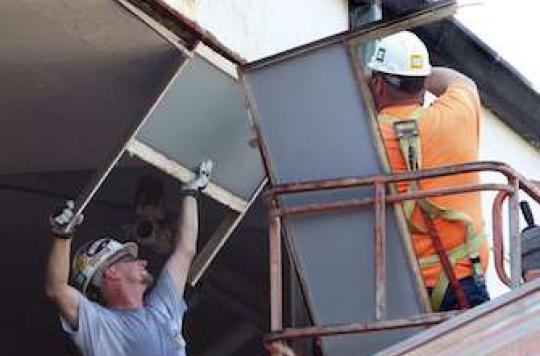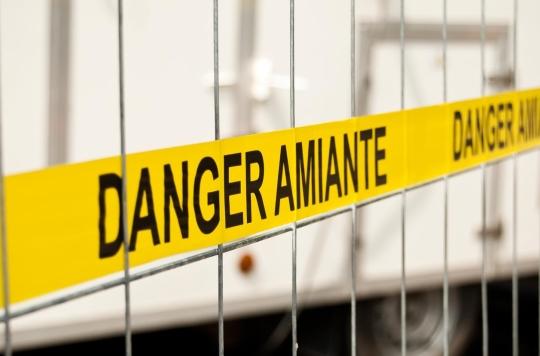The Council of State recognized the prejudice of anxiety for a worker exposed to asbestos. The decision will set a precedent for the others.

On March 3, the Council of State issued its opinion in the case of workers from the Directorate of Naval Construction (DCN, now DCNS) exposed to asbestos. The highest French administrative court recognized for these employees of the State the prejudice of anxiety related to their exposure to this chemical and toxic agent, thus rejecting the appeal of the Ministry of Defense and confirming the previous decision.
These state workers were exposed to asbestos in the context of shipyards, from the 1970s to the 2000s. For them, a specific allowance system was put in place, in order to compensate for the potential loss of life expectancy of these workers. One of them, included in the device, decided to engage the responsibility of the State, considering that despite the absence of pathology related to asbestos, he had been exposed to a permanent concern of developing a such pathology. The man worked in shipyards from 1979 to 2011.
“High risk”
A first claim for compensation of 30,000 euros was made to the Toulon administrative court by the plaintiff, but it was rejected in July 2015. The worker appealed against this decision and won his case: May 31 2016, the Marseille administrative court of appeal ordered the State to pay him 14,000 euros for the damage suffered. The Ministry of Defense appealed against this decision to the Council of State.
In his stop, the administrative body therefore confirms the principle of prejudice of anxiety for this worker – and for all those, consequently, who would like to be compensated for this damage. All persons included in this specific allowance scheme are eligible for compensation for anxiety damage.
“As soon as a state worker who has worked in shipbuilding has been integrated into this system (…), he can be regarded as justifying the existence of prejudices relating to anxiety due to the high risk of developing a pathology serious, and thereby a reduced life expectancy, following its exposure to asbestos dust ”, we can read in the judgment.
1,800 euros in compensation
The Council of State considers “that the decision to recognize the right to this allowance constitutes recognition for the person concerned of a link established between his exposure to asbestos dust and the drop in his life expectancy, and that this circumstance, which in itself is sufficient to create awareness in its beneficiary of the risk of falling ill, is the source of damage which can be compensated for non-pecuniary damage ”.
The State will have to pay the sum of 1800 euros to the complainant.
.














